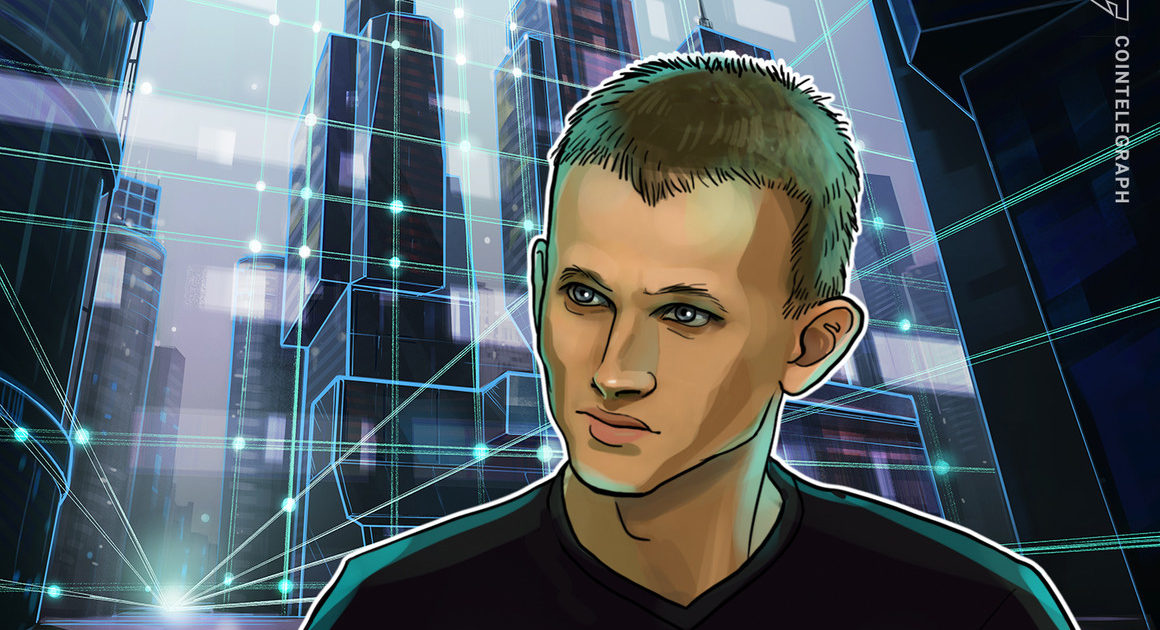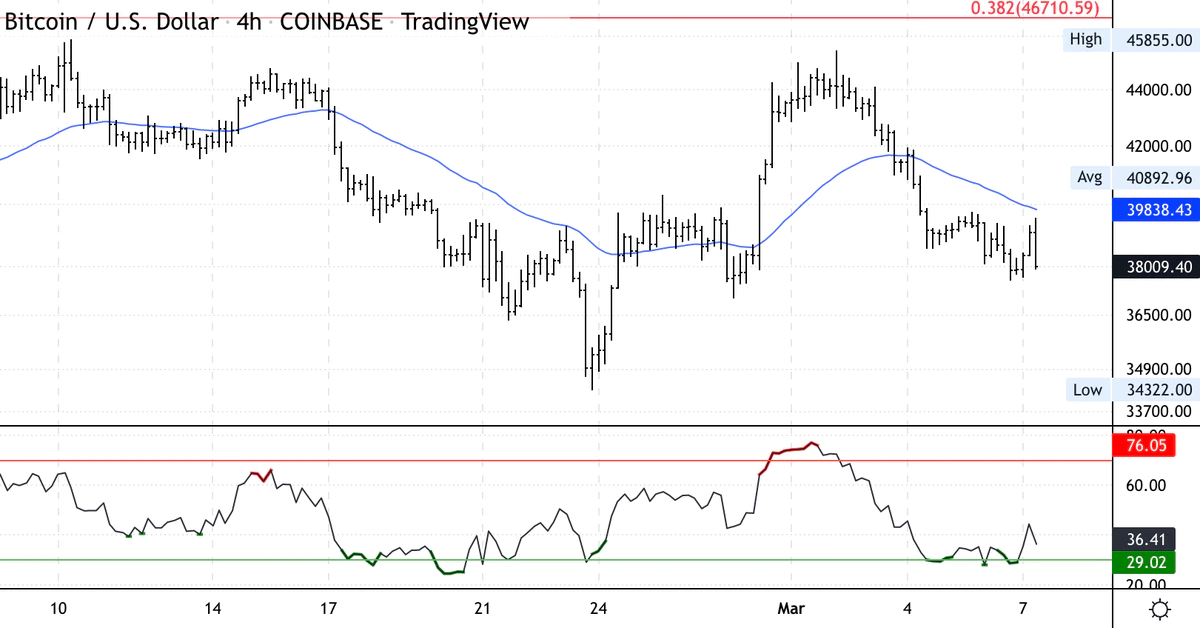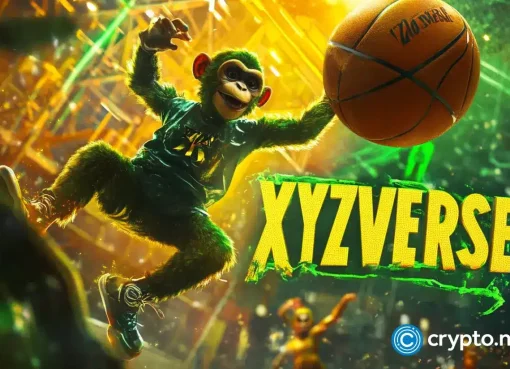Vitalik Buterin, the co-founder of the Ethereum network, released a long-form essay with his thoughts on the recently launched Worldcoin human identity verification system.
On July 24th, Buterin tweeted his response to Worldcoin which launched on the same day.
What do I think about biometric proof of personhood?https://t.co/yozo1buW24
— vitalik.eth (@VitalikButerin) July 24, 2023
In his article, along with an explanation of Worldcoin and how it intends to work, Buterin addressed the larger concept in discussion within the release of the Worldcoin token which is proof-of-humanity.”
Worldcoin, along with other similar identity solutions such as Proof of Humanity, BrightID, Idenam and Circles believe that as artificial intelligence (AI) advances it will become increasingly difficult to distinguish between humans and machines.
Most of these systems that supply a type of token, such as Worldcoin, also see human utility being endangered by bots and therefore needing a type of universal basic income (UBI).
Buterin writes that these factors combined beckon the need for digital verification of humans. He argues that this system of proof of personhood is valuable to solving “anti-spam and anti-concentration-of-power problems.”
Related: OpenAI CEO Sam Altman testifies in ‘historic’ Senate hearing on AI safety
Additionally, the Ethereum co-founder also highlights that systems like Worldcoin, if it continues to decentralize as promised, will avoid “dependence on centralized authorities and reveal the minimal information possible.”
“If proof of personhood is not solved, decentralized governance… becomes much easier to capture by very wealthy actors, including hostile governments.”
Buterin also addressed the major concerns looming over such solutions, which he summarized into four main points of privacy, accessibility, centralization within the Worldcoin Foundation and security.
On June 27th, Worldcoin had a small scare that it immediately clarified after thousands of Safe deployments to Optimism caused speculation of an attack.
Steve Dakh, a developer working on the Ethereum Attestation Service (EAS), which is the network’s own service that creates, verifies and revokes on/off-chain attestations said commented on Buterin’s post saying systems like Worldcoin could be complimentary with EAS.
I think Worldcoin can just be an attester of proof of personhood using a protocol like EAS and other entities can decide whether or not they value those attestations.
— Steve Dakh (@stevedakh) July 24, 2023
In conclusion, Buterin said there is currently “no ideal form of proof of personhood” and currently envisions three different approaches to the problem that could potentially become a hybrid of each other.
He called for community accountability in the process with audits and checks and balances. Although saying he does not envy those whose task it is to design and implement such systems, his point is simple:
“A world with no proof-of-personhood seems more likely to be a world dominated by centralized identity solutions, money, small closed communities, or some combination of all three.”
As of July 14, a week prior to the system’s launch, sign-ups for Worldcoin surpassed 2 million to World ID in less than half the time that it took to reach the first million.
Magazine: Tokenizing music royalties as NFTs could help the next Taylor Swift




